
What Space Actually Smells Like, According to Astronauts and Scientists
If you’ve ever stepped outside after a thunderstorm or opened a brand-new book and taken a deep breath, you already know how powerful smells can be. They’re little time machines for our memories and clues about the world around us. But what about the one place most of us will never smell first-hand — space?
At first glance, the question sounds strange. Space is almost a perfect vacuum. With no air to carry molecules to your nose, there shouldn’t be any smell at all. And yet astronauts come back from spacewalks describing very particular scents on their suits and equipment. Scientists, meanwhile, are “sniffing” the gases around comets and planets using instruments. Those faint chemical signatures are more than curiosities; they’re windows into how planets, moons, and even stars are built.
In other words, learning what space “smells” like isn’t about scratching a random itch. It’s a surprisingly useful way to do chemistry on things too far away to touch.
Why Space Smells Are Even Possible
On Earth, smell works because molecules travel through the air and land on receptors in your nose. In space, there’s no breathable air — so nothing carries those molecules. The only time an astronaut can smell anything is after they’ve come back into a pressurized cabin, removed their helmet, and air is circulating again. What they’re actually smelling are molecules clinging to their spacesuit or equipment that are now reacting with oxygen and moisture inside the spacecraft.
Think of it like walking through a smoky barbecue, then stepping into an air-conditioned room. You don’t smell the smoke outside as much, but indoors, the scent clinging to your clothes becomes obvious. Space works the same way. Surfaces pick up reactive particles, and as soon as you’re back in an atmosphere, those particles mix with oxygen and release an odor.
Read more: Scientists Uncover Space-Time Ripples That Expose Hidden Graveyard of Collapsed Stars And Black Hole Mergers
What Astronauts Have Reported
Many astronauts have given colorful descriptions. Don Pettit of NASA called it “a pleasant, sweet-smelling welding fumes” scent, reminding him of his time with arc welding. Others say “burnt steak,” “hot metal,” “spent gunpowder,” or even “burnt cookies.” During the Apollo missions, moon dust tracked into the lunar module created an especially memorable odor. Harrison “Jack” Schmitt of Apollo 17 said the lunar dust smell stuck in their memories “much more than other comparable odors.” Charles Duke of Apollo 16 also compared it to gunpowder.
Why that specific smell? One theory is that high-energy atomic oxygen and other reactive particles in low-Earth orbit attach to suit materials. When you repressurize and breathe, those materials interact with cabin air, producing metallic or ozone-like aromas. Lunar dust, meanwhile, has been bombarded for billions of years by micrometeorites, leaving it full of “dangling bonds” — chemically reactive spots. When that dust hits humid air inside the lander, those bonds snap shut and release a gunpowder-like scent. Interestingly, the smell fades as the dust sits exposed to oxygen and moisture, supporting the idea that it’s a short-lived reaction.
Comets: A Cocktail of Rotten Eggs and Almonds
The European Space Agency’s Rosetta mission gave scientists a rare chance to do an olfactory “lab test” on a comet. Its Philae lander sniffed gases streaming off comet 67P/Churyumov-Gerasimenko and found a surprisingly rich stew of volatile chemicals.
Kathrin Altwegg, the mission’s lead scientist, described the mix as:
- Rotten eggs (hydrogen sulfide)
- Horse stable smell (ammonia)
- Suffocating formaldehyde
- Bitter almond hint (hydrogen cyanide)
- Methanol (alcohol)
- Vinegar-like sulfur dioxide
- Sweet carbon disulfide
It sounds revolting, but also fascinating. These molecules aren’t floating around in giant clouds — water vapor, carbon dioxide, and carbon monoxide still dominate — but the trace chemicals give researchers a fingerprint of the comet’s building blocks. Since comets are leftovers from the solar system’s early days, that fingerprint is like smelling a time capsule.
Does Mars Smell Like Rotten Eggs?
Mars has a thin atmosphere mostly made of carbon dioxide. Instruments on its rovers and orbiters show that its soil is rich in sulfur, magnesium, iron, chlorine, and various acids. Piece those together, and scientists suspect Mars might have a gassy sulfur smell with a chalky or mineral tang — perhaps faintly like rotten eggs mixed with dust.
However, observations from the European Space Agency’s Trace Gas Orbiter haven’t clearly detected sulfur gases in the air. If they exist, they’re at very low levels or trapped in the soil. That means any smell on Mars would likely be subtle and local, not a planet-wide stink. So while “rotten eggs” makes a good headline, the truth is probably more nuanced: a dry, dusty mineral smell with occasional whiffs of sulfur compounds depending on where you stand.
Titan: Saturn’s Petroleum World
Saturn’s moon Titan is famous for its thick orange atmosphere and lakes made not of water but of methane and ethane. On Earth, heavier hydrocarbons like these give crude oil and gasoline their tell-tale smell. Methane itself is odorless, but mix in heavier compounds such as benzene and you get sweet, solvent-like aromas.
Data from the Cassini–Huygens mission confirmed liquid methane and ethane in Titan’s lakes, and even revealed a weather cycle like Earth’s: evaporation, clouds, and rain — just with methane instead of water. Put that chemistry together, and Titan probably smells like a mix of gasoline, lighter fluid, and cold solvents. Safe to say, it’s not a place you’d want to open your visor.
The Center of the Milky Way: Rum and Raspberries (Sort Of)
Deep in the heart of our galaxy is a vast molecular cloud called Sagittarius B2. Astronomers using radio telescopes have identified dozens of organic molecules there, including ethyl formate — the compound that gives raspberries part of their flavor and also smells like rum. That discovery made headlines as “the galaxy smells like raspberries,” but it’s more poetic than literal.
For one, ethyl formate is just one chemical in a thin soup of many. Others include ethylene glycol (used in antifreeze), ethanol (alcohol fuel), acetone (nail-polish remover), and hydrogen sulfide (rotten eggs again). And the cloud is so diffuse you’d never detect the scent with your nose. Still, it’s remarkable that complex organic molecules — some linked to life’s building blocks — form naturally between the stars.
Read more: The “Strongest Evidence So Far” of Alien Life Has Been Found in James Webb Data
Why “Smelling” Space Matters
Each smell corresponds to specific molecules. By identifying them, scientists learn about the composition of planets, moons, comets, and interstellar clouds without ever setting foot there. For example:
- Sulfur compounds can hint at volcanic activity or chemical reactions on a planet’s surface.
- Hydrocarbons point to processes similar to Earth’s oil and gas chemistry — potential building blocks of life.
- Reactive oxygen compounds can tell us about atmospheric conditions or radiation levels.
These chemical clues help researchers refine models of distant worlds, understand how stars and planets evolve, and even trace the ingredients that might lead to life. It’s like forensic science on a cosmic scale.
And while humans may never literally sniff most of these places, our instruments — mass spectrometers, spectrographs, and chemical “noses” on spacecraft — do it for us. In doing so, they turn something as ordinary as smell into a powerful scientific tool.
Read more: Scientists Say Life Once Thrived on Mars—Then Caused Its Own Extinction
Smell as a Universal Language
If you think about it, smell is one of the oldest senses. Even single-celled organisms “sniff” chemical gradients to move toward food or away from danger. On Earth, animals use scent for everything from finding mates to marking territory. In space science, smell takes on a metaphorical role: it’s how we make the invisible tangible.
When astronauts describe burnt steak or welding fumes, they’re giving the public a sensory hook to imagine the unimaginable. When mission scientists describe a comet’s “perfume,” they’re not being poetic just for fun — they’re trying to translate complex chemical data into something a layperson can grasp.
News in the same category


From Prophecy to Preparedness: Ghana’s Ark Builder and the Questions Behind Apocalyptic Claims

Teen Builds $500 Dialysis Machine That Works Faster Than Hospital Models

Elon Musk Calls on 226 Million Followers to Cancel Netflix Amid Surging Boycott Movement

Officer Breaks Car Window to Rescue Baby – Then Realizes It Was a Mistake
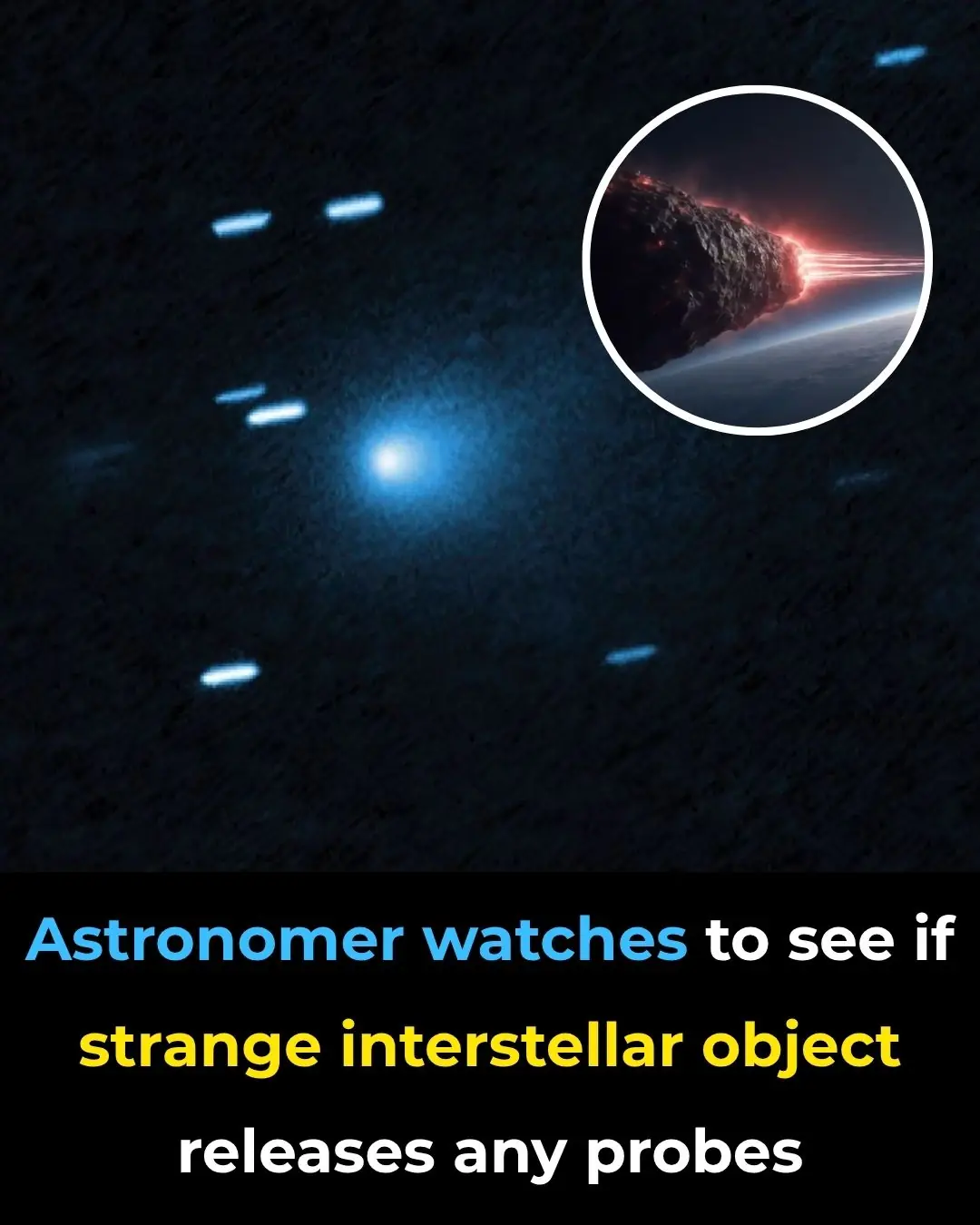
Scientist Watches to See If Strange Interstellar Object Releases Any Probes
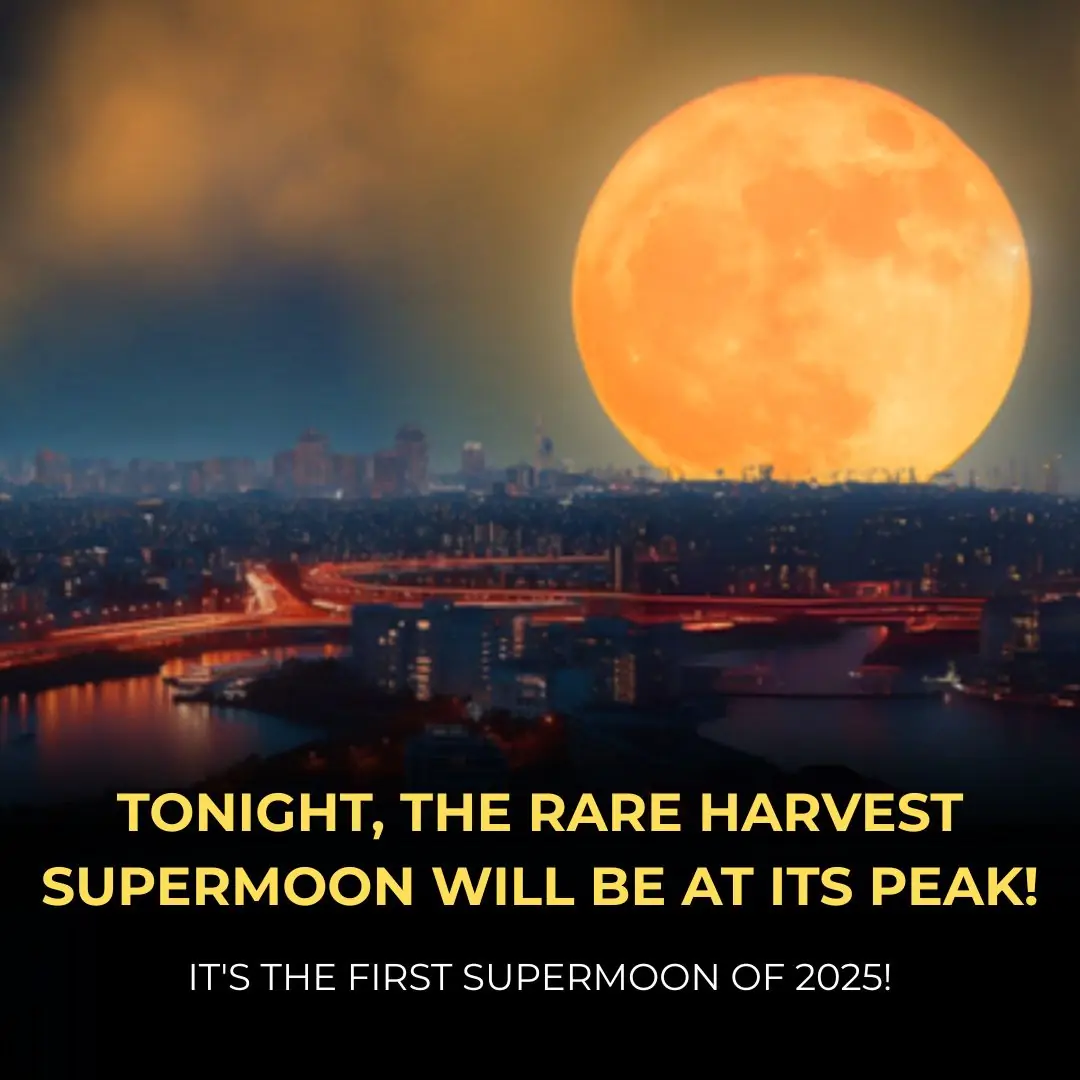
Prime views of the Andromeda Galaxy and Ceres—October 2
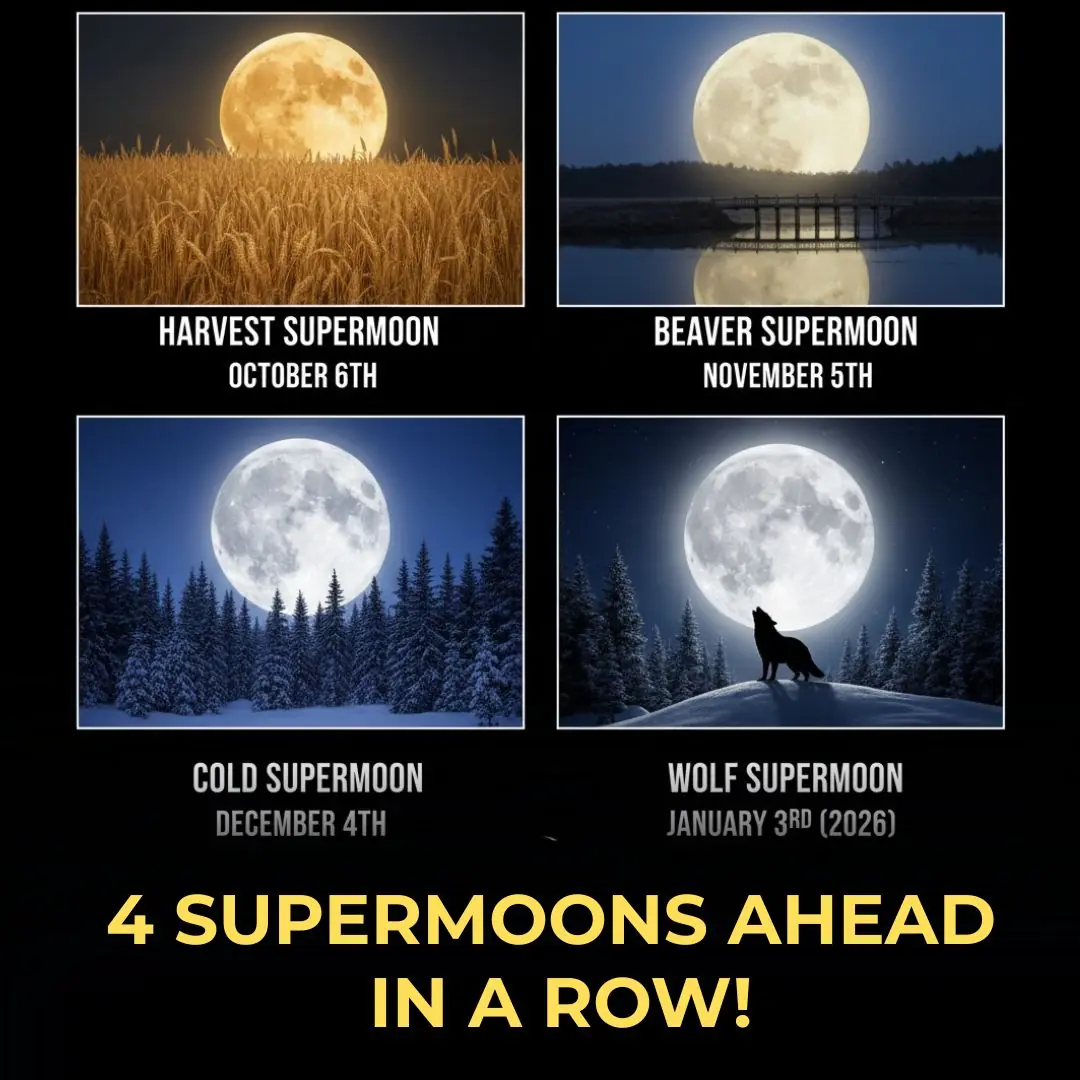
Prime views of the Andromeda Galaxy and Ceres—October 2
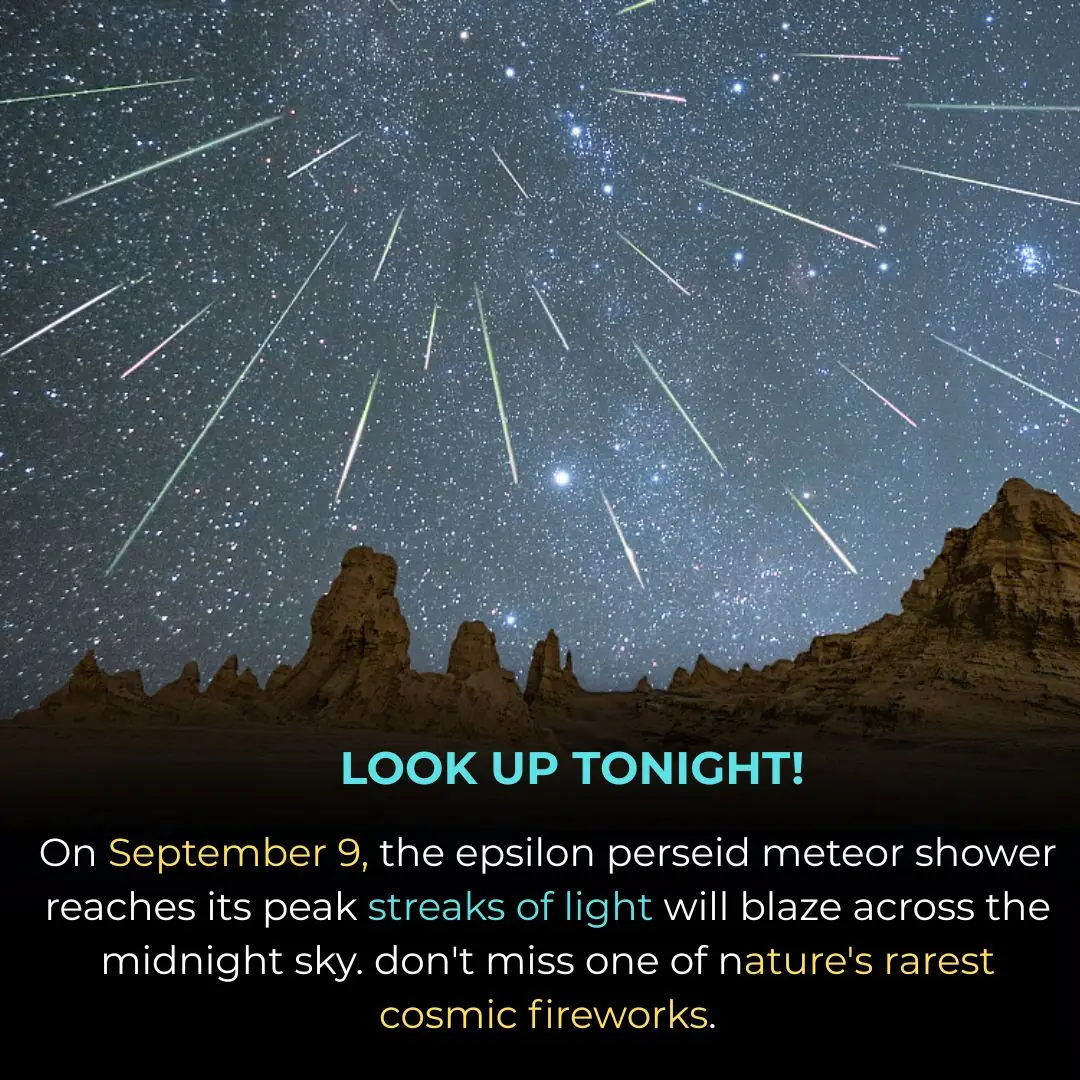
September 9 Meteor Shower: Epsilon Perseids to Dazzle the Night Sky
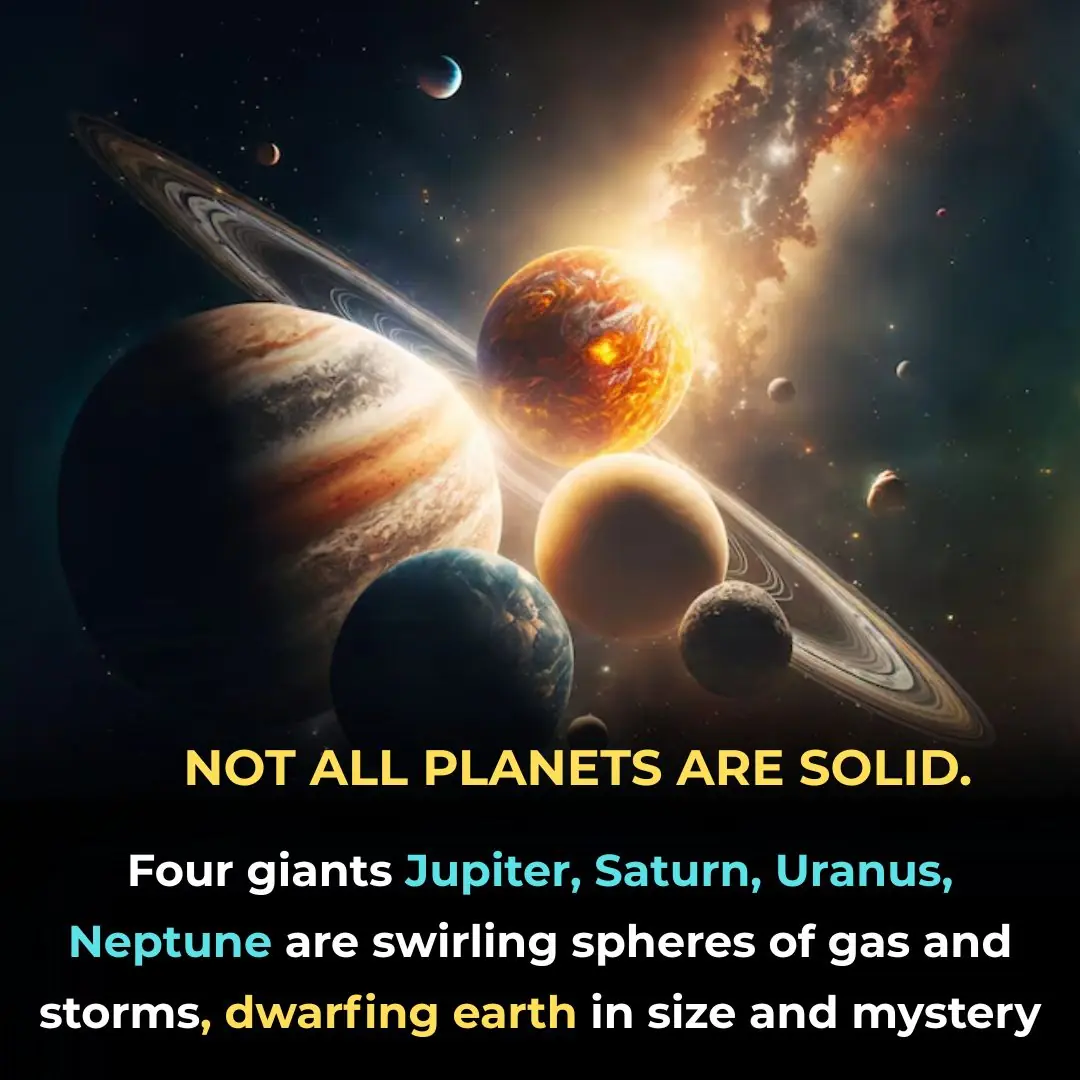
Gas Giants of the Solar System: Jupiter, Saturn, Uranus & Neptune

YouTuber destroys new iPhone Air with a blowtorch to test its durability

GameStop issues promising statement following Xbox Game Pass price hike

1st solar eclipse of 2025 puts on stunning show for skywatchers around the world (photos)

10 Safest Countries to Visit in Europe
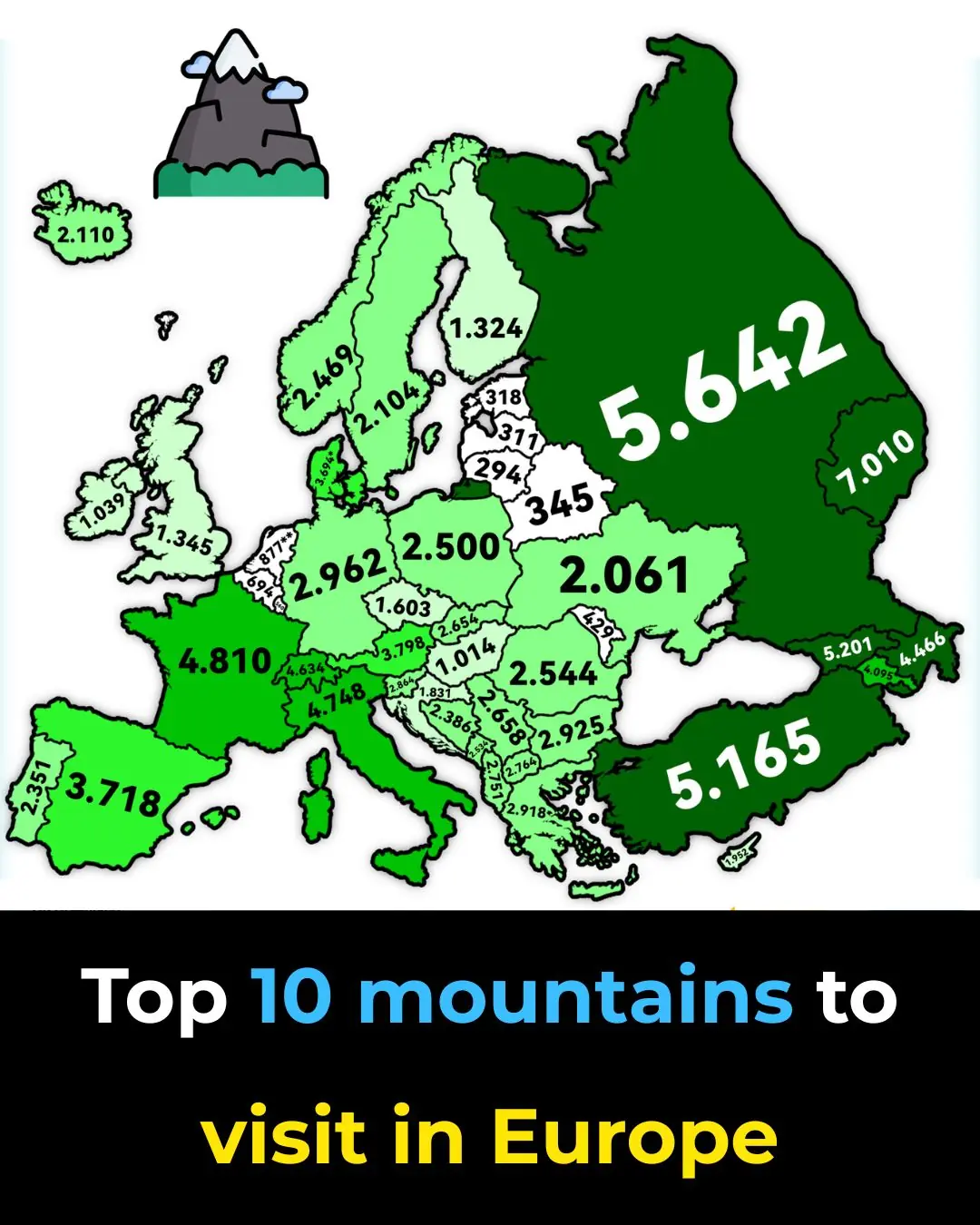
Majestic Peaks: Top 10 Mountains to Visit in Europe

Explore the Best of Britain: 12 Epic UK Road Trip Ideas

Tomorrow Island (Russia) and Yesterday Isle (USA) Are Just Three Miles Apart But There’s a 21-Hour Time Difference Between Them
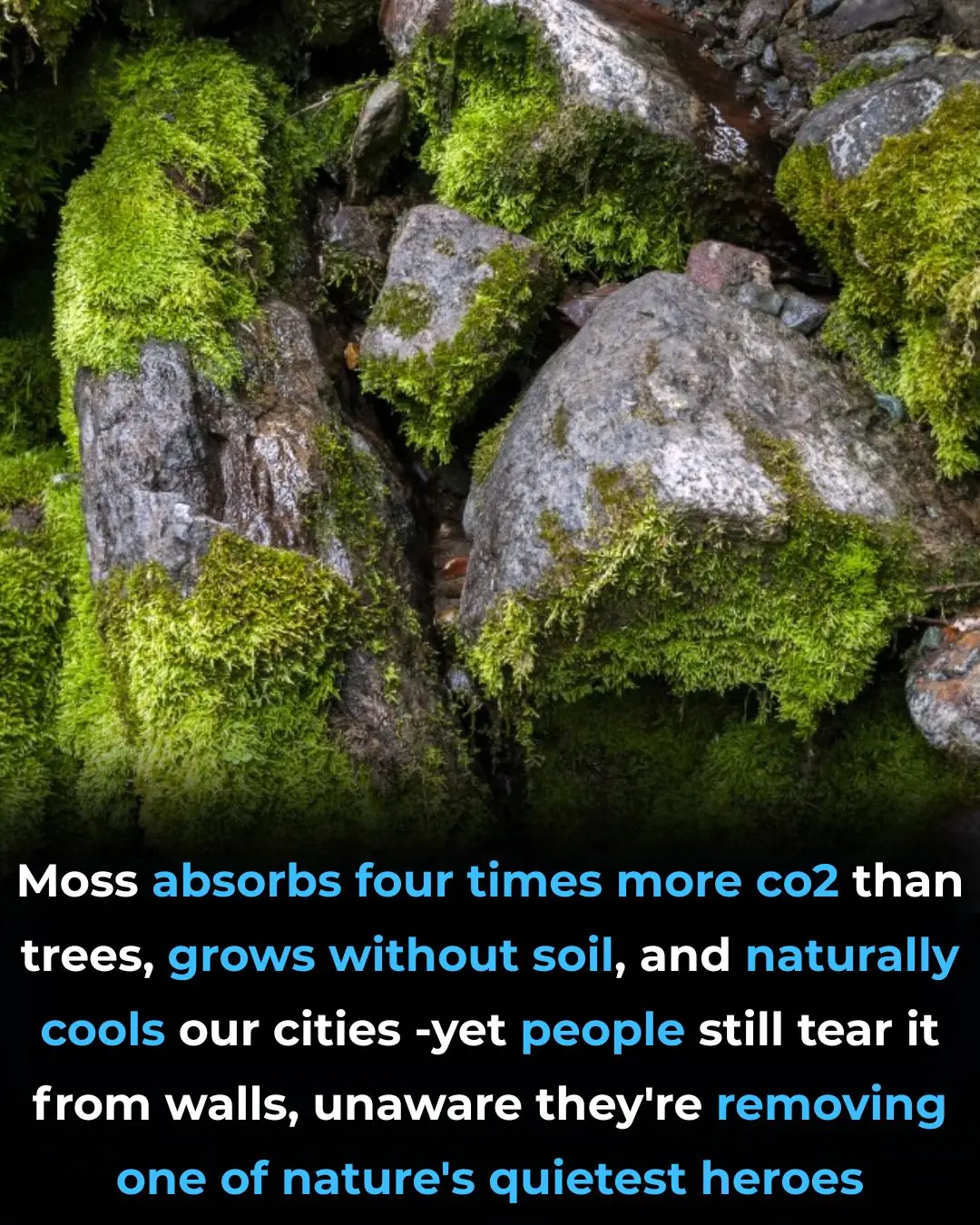
The Mighty Moss: Nature’s Unsung Superhero
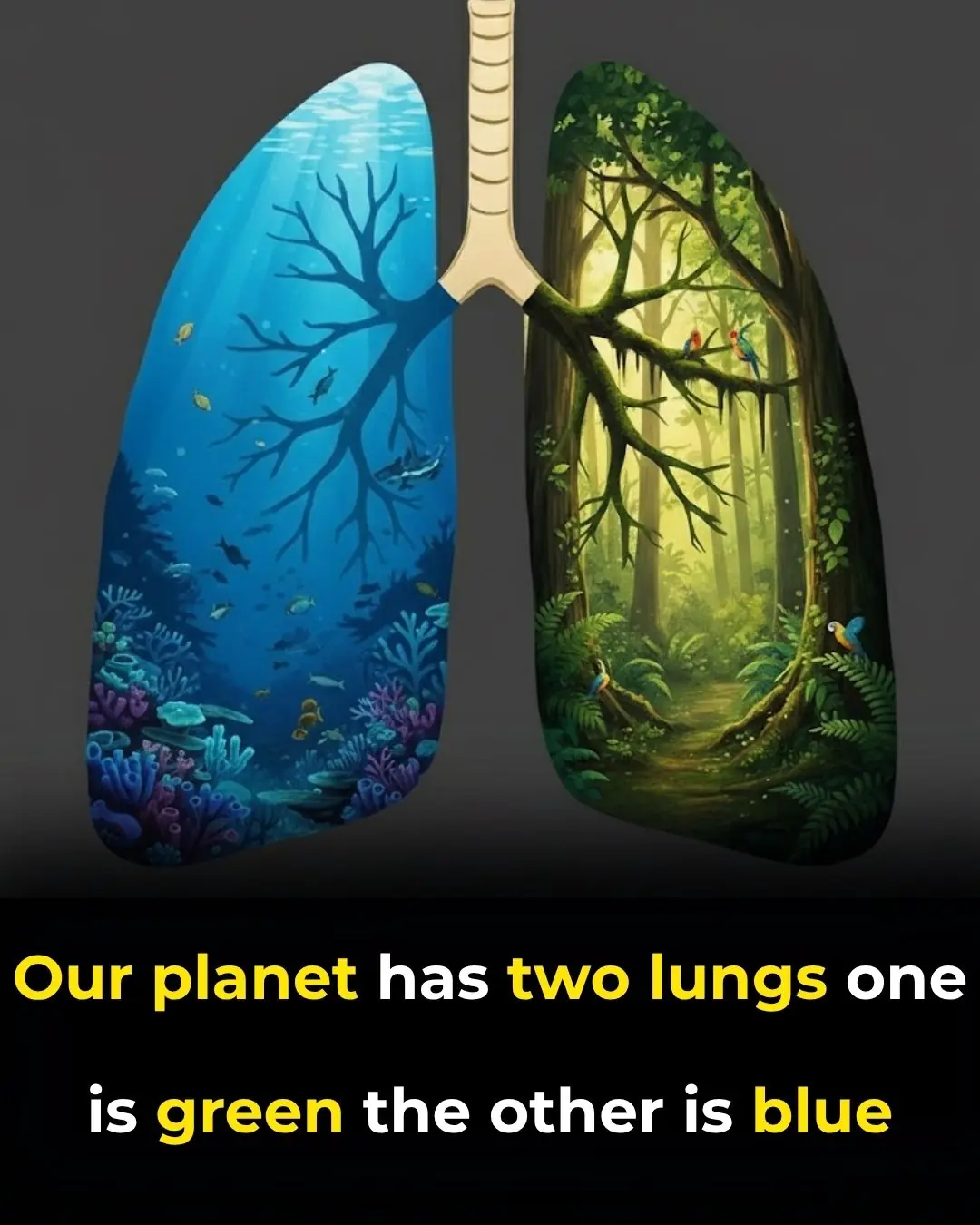
Demystifying Oxygen Production: Oceans vs. Amazon Rainforest
News Post

Tems to Headline First-Ever FIFA Club World Cup Final Halftime Show

BLK & Bold, the First Black-Owned Nationally Distributed Coffee Brand, Expands to Costco
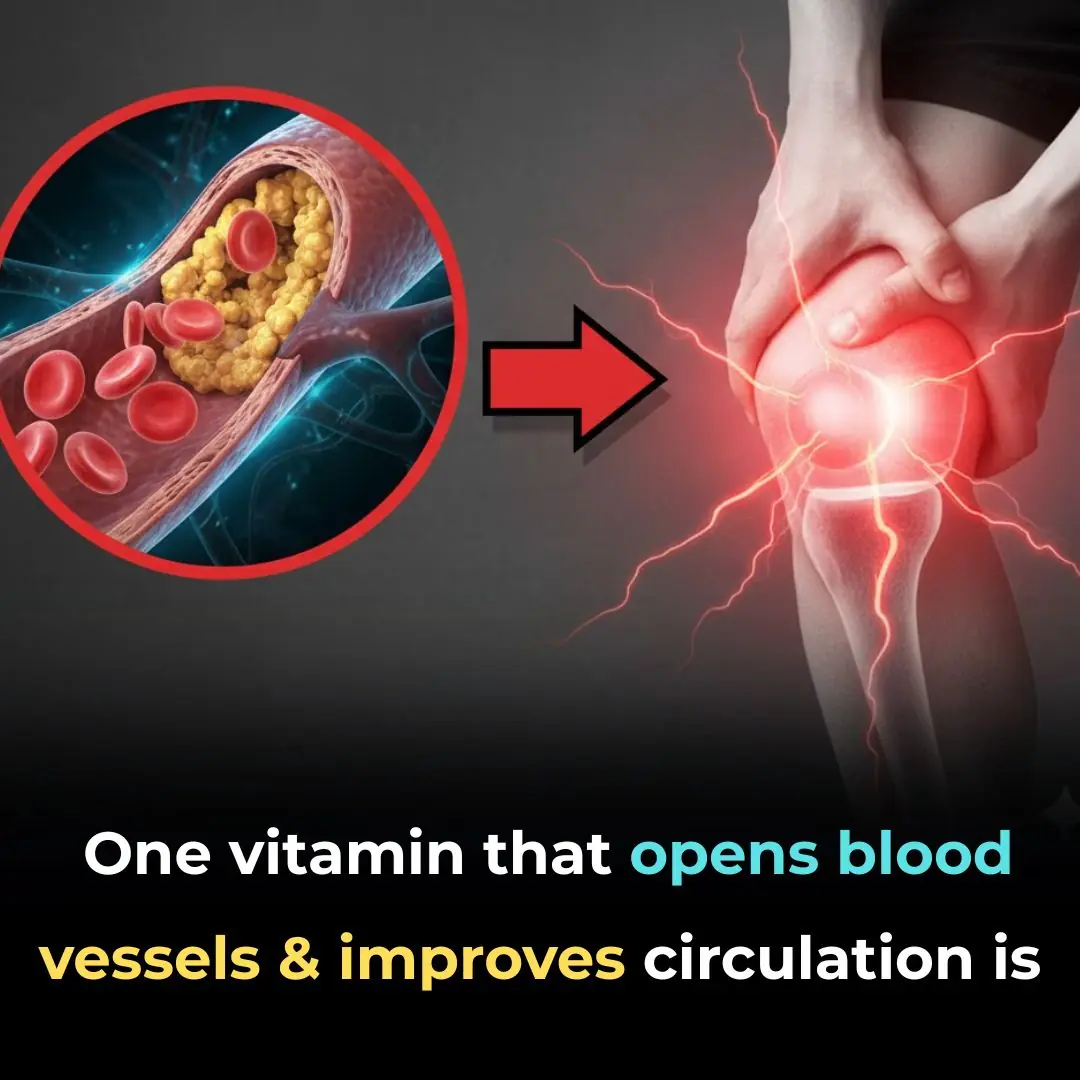
One Vitamin That Could Transform Your Circulation
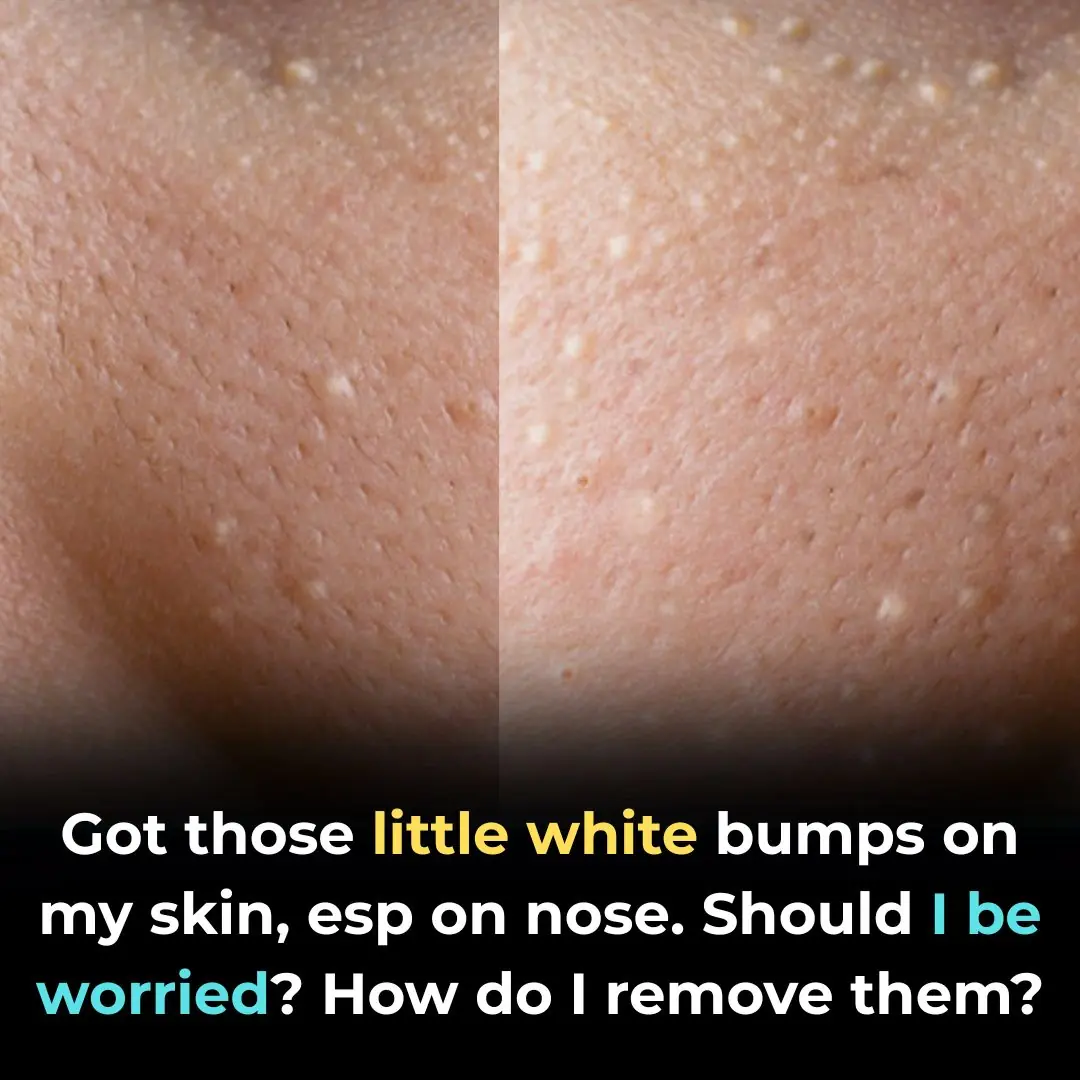
White Bumps on Your Face Don’t Try to Remove Them

How the U.S. government shutdown is set to upend the lives of thousands of ordinary Americans

From Prophecy to Preparedness: Ghana’s Ark Builder and the Questions Behind Apocalyptic Claims

Trump Schedules White House UFC Fight for His 80th Birthday After Sharing Plans for the Dramatic Stage

Concerns for sobbing Amy Dowden following Strictly exit

Strictly stars Amber Davies and Nikita Kuzmin warned over behind-the-scenes ‘rift’

Queen Camilla's cheeky tribute to Jilly Cooper wishing her 'impossibly handsome men' in hereafter

Transfer battle intensifies for wanted former Huddersfield Town man
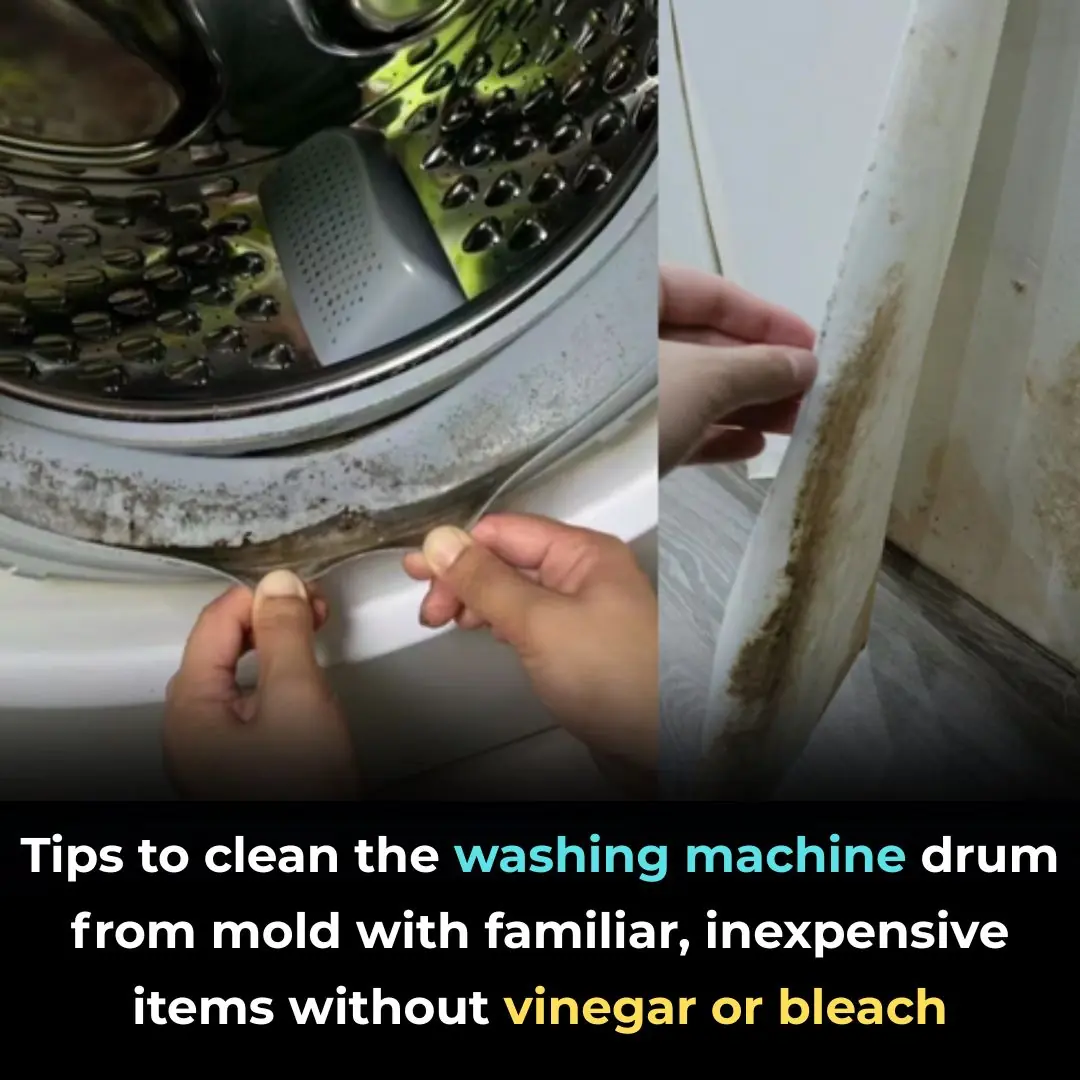
Tips to clean the washing machine drum from mold with familiar, inexpensive items without vinegar or bleach
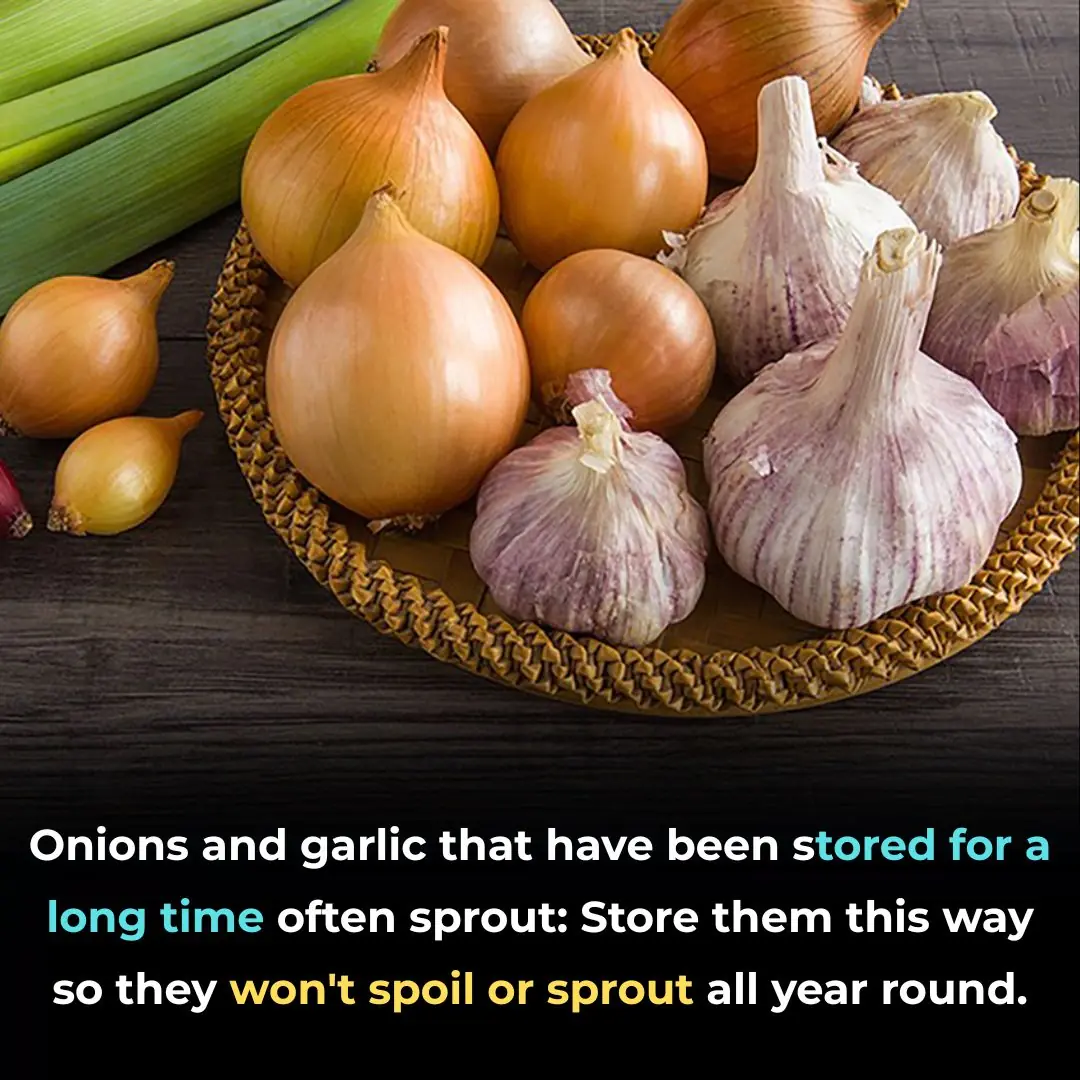
Onions and garlic that have been stored for a long time often sprout: Store them this way so they won't spoil or sprout all year round.

Toilet lid and seat are yellowed for a long time: Apply this tip to whiten the toilet and remove all bad odors

Drop this handful of leaves into fish stock: Big or small fish will be tender, no longer fishy, and delicious.

Prince Harry Had Two Close Encounters with Known Stalker During Recent U.K. Visit

A simple tip on how to grow ginger using cement bags, never had such a good yield of ginger

Blanching pork in boiling water, you think it's clean but it absorbs more dirt: This is the right way to do it

Married at First Sight UK fans crown 'best match' after two weeks
